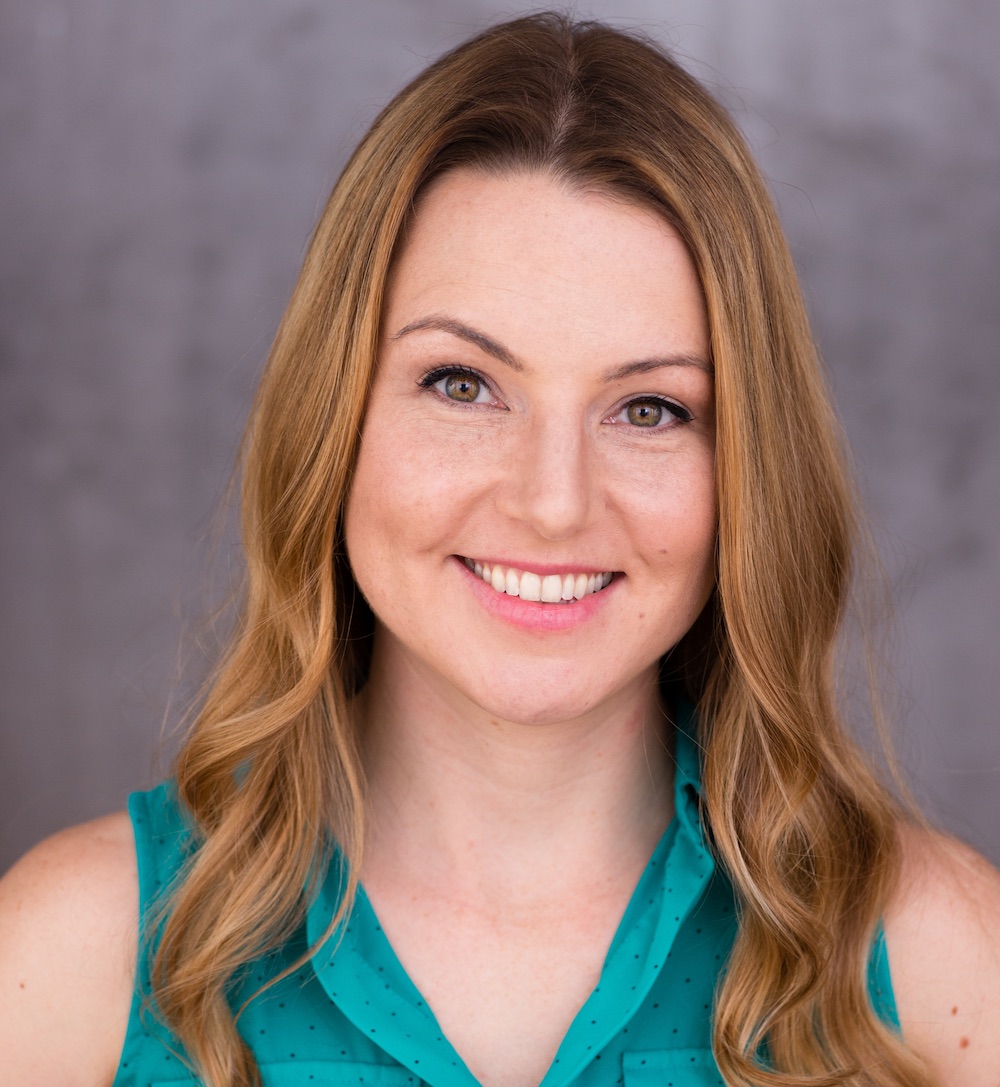
Why are scabs so itchy?
It's part of the healing process.

We all know that picking and scratching at a scab is a bad idea — it'll just make it take longer to heal and could even lead to infection. But a healing scab just begs to be scratched. So why do scabs itch so much?
"I say the skin is both very smart and insanely stupid at the same time," Dr. Adam Friedman, professor and chair of dermatology at GW Medical Faculty Associates, a nonprofit affiliated with The George Washington University, told Live Science. "This seems like it makes no sense. Why would this be happening if it actually could lead to bad things?"
Friedman pointed out that scabs aren't the only skin problem that begs you to scratch when you shouldn't. Inflammatory skin conditions — such as eczema, psoriasis and acne — all itch for different reasons. But when it comes to a scab, the wound-healing process is to blame.
That process has three stages. After you get a skin injury, such as a scrape or a cut, the inflammatory phase begins as clotting — which reduces blood loss — and immune cells rush in to remove foreign material and bacteria from the wound. Once the cleanup is complete, specialized cells send a signal to the immune system to tone down the inflammation.
Related: Does medicine really expire?
That leads to the next stage: the proliferative phase. This is when new skin cells and blood vessels form to rebuild the damage caused by the wound. That phase overlaps with the final step, the remodeling phase, in which the new cells reorganize to get the skin as close to its original form as possible.
For an average cut, the inflammatory phase lasts from 10 to 14 days, and that's when the majority of the itching takes place.
Sign up for the Live Science daily newsletter now
Get the world’s most fascinating discoveries delivered straight to your inbox.
"Wound healing itches, period," Friedman said. "There's nothing you can do about it. It's going to itch because the inflammatory cells that come in, they secrete things for good reasons. But those same signals they secrete will actually sensitize the sensory nerves in the skin." These extra-sensitive skin nerves can feel itchy until the inflammatory phase diminishes.
Plus, the scab itself can lead to itching. "Every time that scab moves or shifts … that movement will also tell those sensory nerves to send a signal to the brain to itch. Not to mention, they're a good food source for bacteria, so that can stimulate more inflammation.
"And then what do people do? They pick at it," Friedman said. "And that creates more inflammation, more trauma. And that perpetuates that initial stage of wound healing."
So how do you tone down the itching? Friedman suggested trying to never let your wound scab over in the first place.
"Scabs are bad," Friedman said. "It's like a boulder in the middle of the road … It's an impediment to allowing those new cells to come in in a very linear fashion." That slows down the process of wound healing.
Instead, Friedman said, the best way to care for a wound is to keep it moist — such as by applying petroleum jelly (such as Vaseline) or silicone gel — and covered with a bandage. That's even true of wounds that have already scabbed over. A moist scab is not attractive, but it will heal faster and itch less than a dry scab.
"It'll look very thick, like slime almost, and people will be like, 'Oh, it's so gross,'" Friedman said. "No, that's actually how you want the wound to be. Because that gel-like material, your cells can go right through it" and properly remodel themselves.
Originally published on Live Science.

Ashley Hamer is a contributing writer for Live Science who has written about everything from space and quantum physics to health and psychology. She's the host of the podcast Taboo Science and the former host of Curiosity Daily from Discovery. She has also written for the YouTube channels SciShow and It's Okay to Be Smart. With a master's degree in jazz saxophone from the University of North Texas, Ashley has an unconventional background that gives her science writing a unique perspective and an outsider's point of view.










